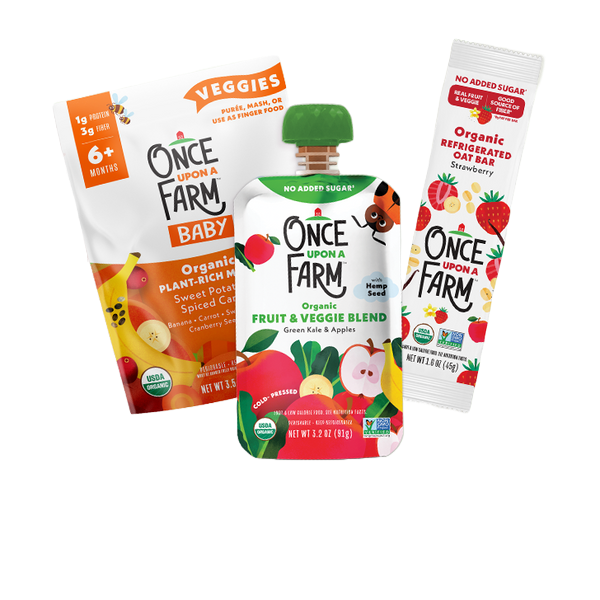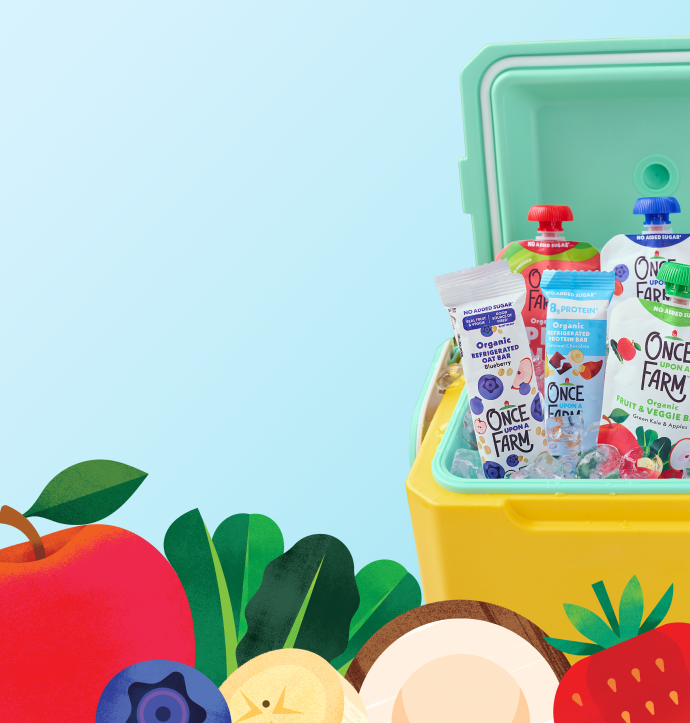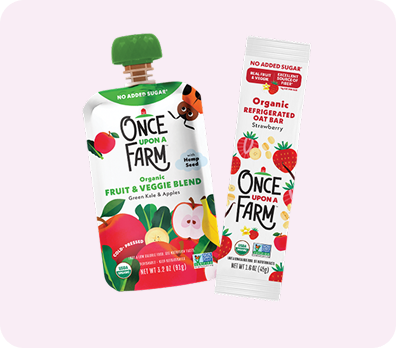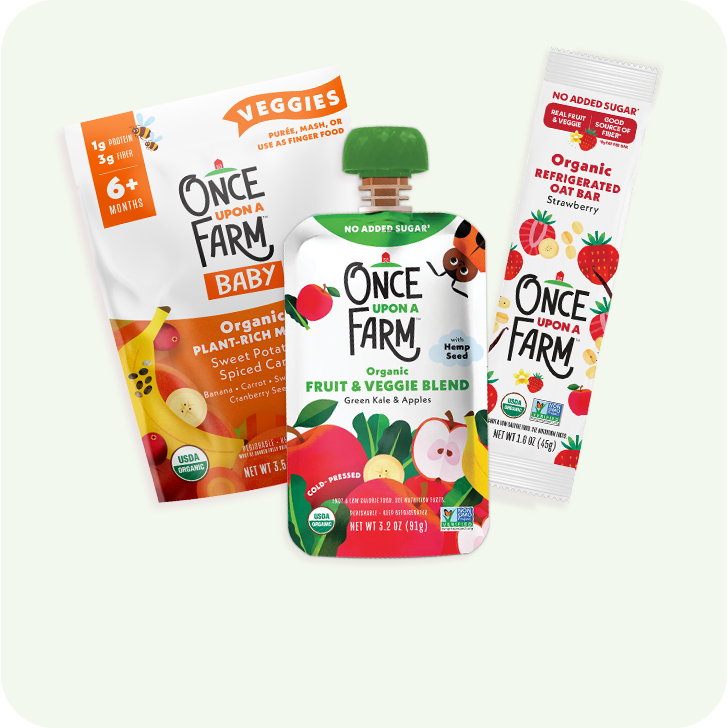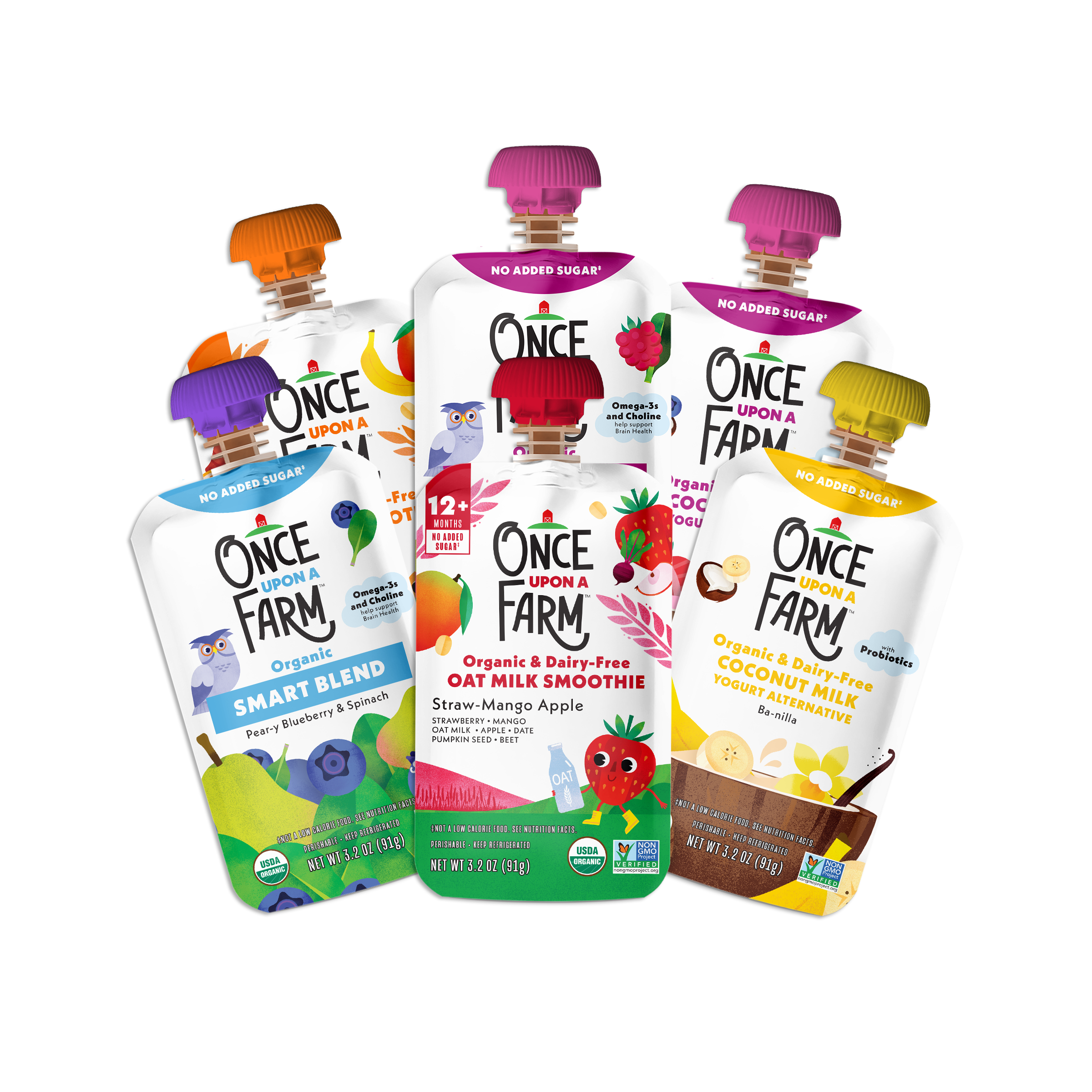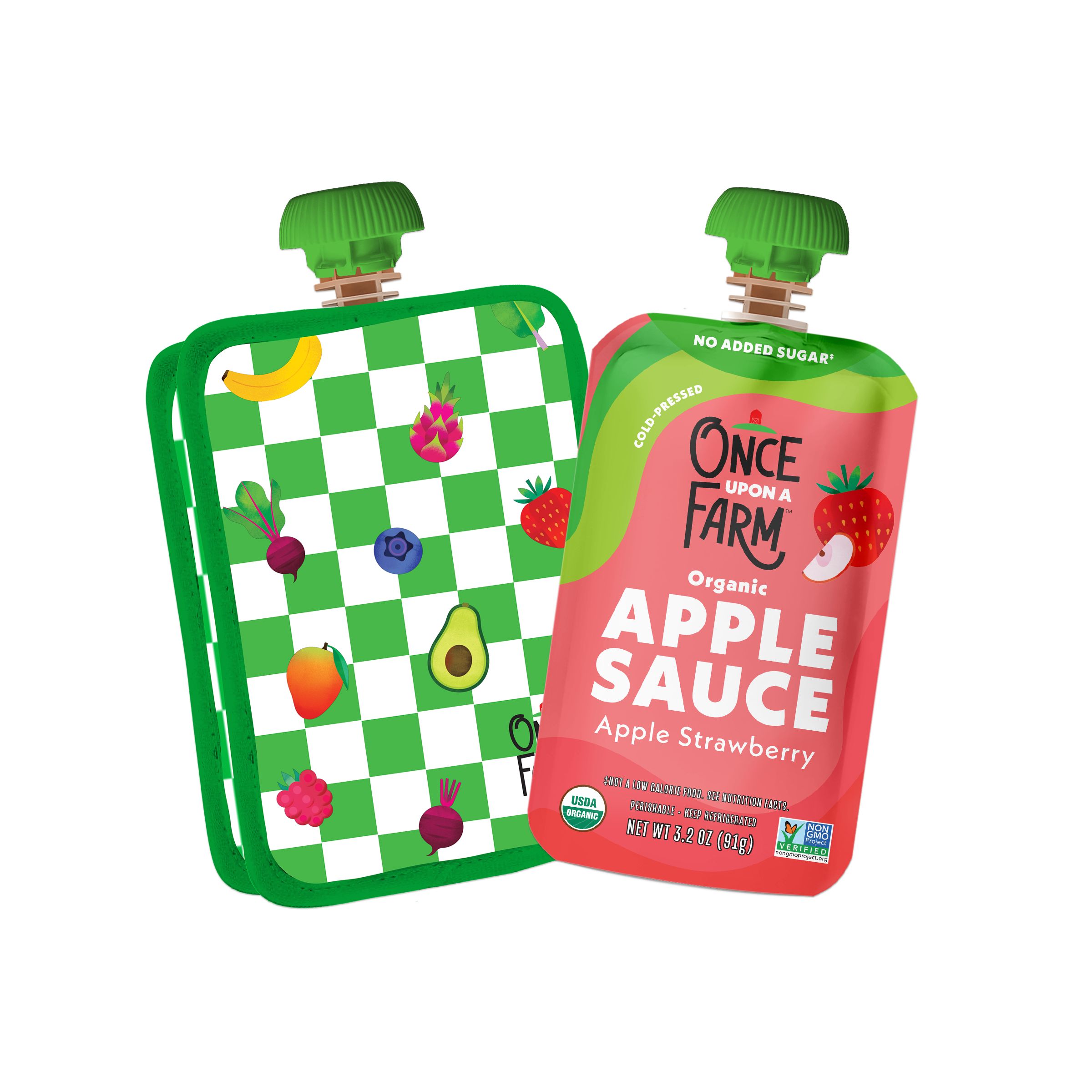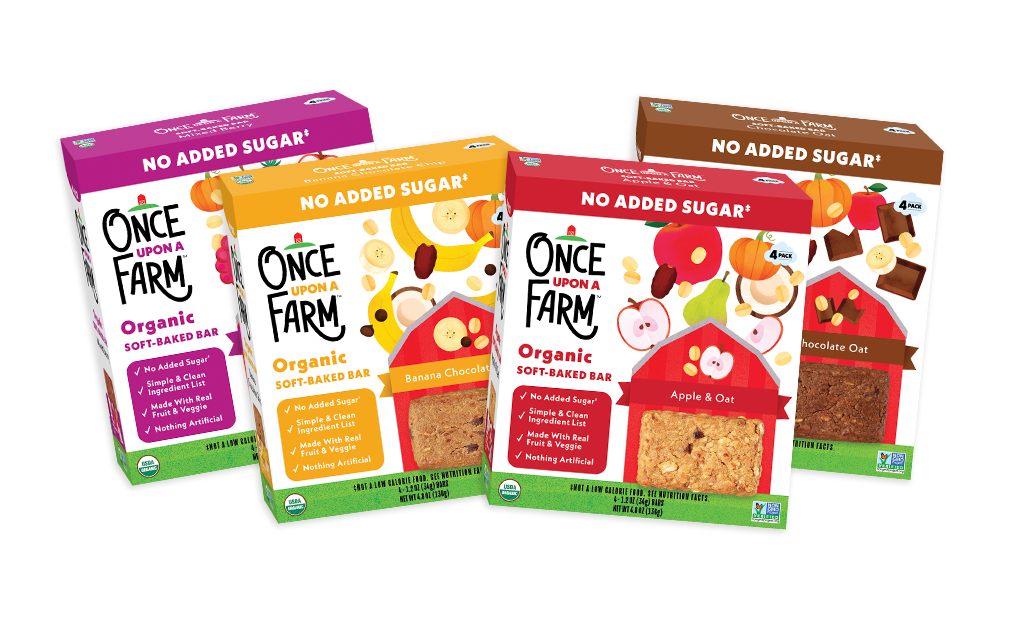As parents, we aim to set our children up for success in all facets of life, including helping them to develop healthy food habits. For some tips on nurturing a healthy relationship with food in our children, we spoke with Registered Dietitian Nicole Lattanzio, RD, CSP, IBCLC.
Establish an Eating Schedule
“The best way to establish healthy eating habits is to establish a meal and snack schedule,” says Lattanzio. “A flexible one is absolutely fine and expected!” She also suggests implementing a tactic called Division of Responsibility (DoR). “With DoR, the caregivers choose what and when to serve foods, and the child decides how much (or little!) to eat of those foods.”
Encourage Mindful Eating
Learning to listen to internal hunger cues and fullness is the basis of mindful eating. Thankfully, babies and toddlers are naturally intuitive eaters. “They can maintain this when we allow them to eat to their own fullness without being micromanaged,” says Lattanzio. Parents can support this by giving children additional servings when asked and allowing them to be done when they say they’re done. “If they overeat and feel discomfort, that’s a learning experience,” she says. “Similarly, if they don’t eat enough and feel hungry earlier, that’s a learning experience as well!”
Avoid Labeling Foods
While we may have the instinct to label certain foods as “good” or “bad” to our children, it can be more productive to talk about food in a positive and neutral way. Instead of labeling foods, “we can talk to children about what foods offer for us,” says Lattanzio. “Some foods are fun and give us quick energy (e.g. candy) and others give us more, like long energy, strength, a happy tummy, etc.” All foods are unique and offer something different.
Navigating Emotional Eating
“Emotional eating is a normal experience, and many people cope with food,” Lattanzio shares. “However, it’s not the only coping skill a person should have.” We can support our children by teaching them other coping techniques when they are going through something, such as speaking about their feelings and other activities that build them up and create a safe space for them to express their emotions.
Promoting Healthy Body Image
With diet culture messaging everywhere, unfortunately this may well impact children. To address these pressures, parents can avoid commenting on food and eating in a body-focused way. Additionally, Lattanzio shares, “if a child comes to you asking about their body or after receiving comments, open the floor to discussion.” Nurturing open communication, promoting positive body image in childhood, and teaching children to be wary of the social pressures of diet culture will help set them up for a healthy relationship with food and with themselves.
Manage Your Expectations
As with all things parenting, there will be many chapters in your child’s relationship with food. “Our kiddos will have stages where they throw food, prefer certain foods, and have meltdowns,” Lattanzio says, “but these are all temporary and to be expected.” Managing your expectations and reminding yourself that these stages are temporary and developmentally normal can help everyone get through them.



